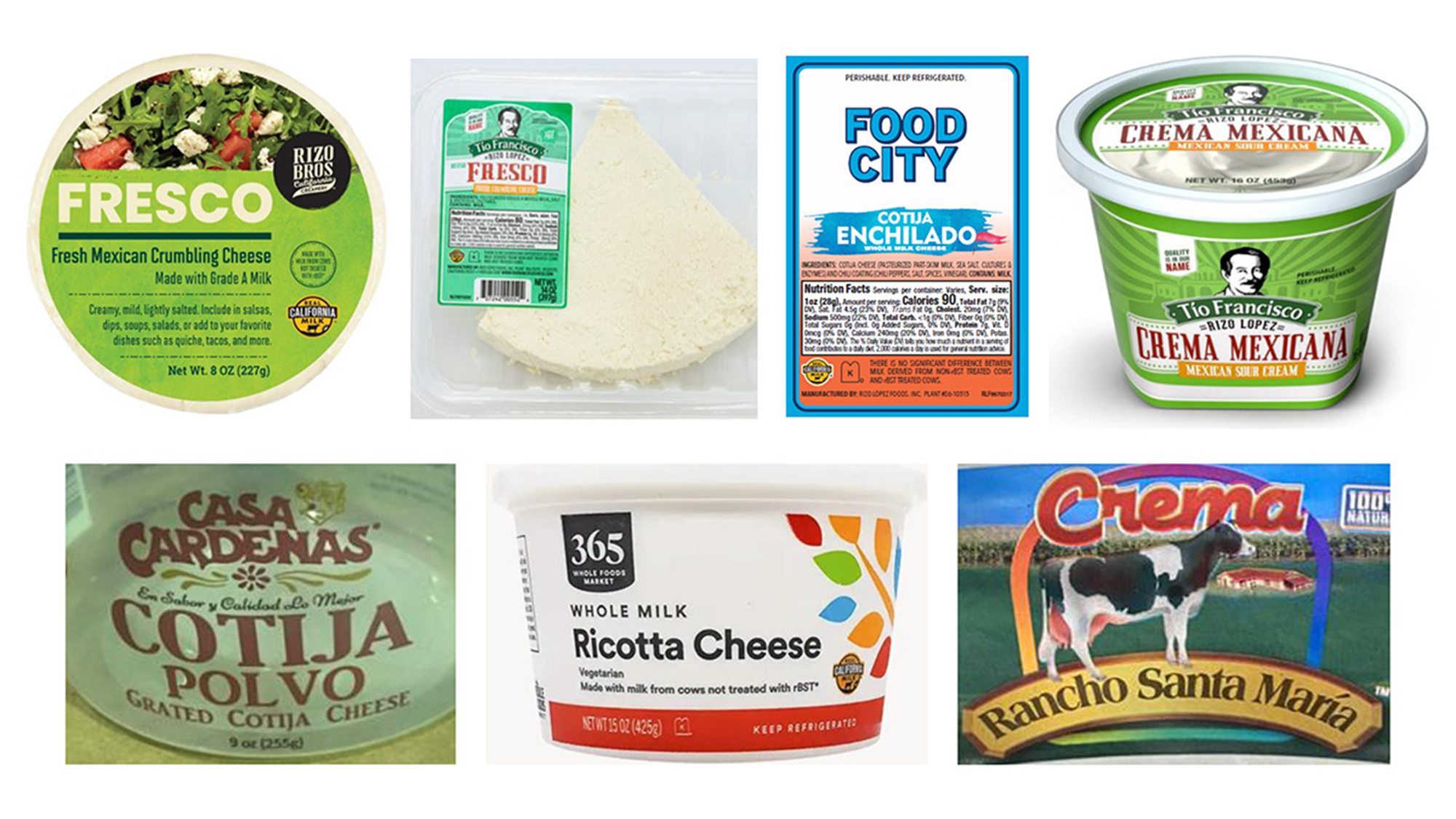In 2024, the alarming news about a listeria outbreak linked to ramen noodles has captured the attention of health officials, consumers, and food manufacturers alike. This outbreak raises significant concerns about food safety, prompting a need for vigilance in the consumption of packaged food products. With the rise of instant noodles as a staple in many households, understanding the implications of this outbreak is vital. In this article, we will explore the causes, symptoms, and preventive measures related to listeria contamination in ramen noodles.
Listeria monocytogenes is a bacterium that can cause serious infections in vulnerable populations. The ongoing outbreak has led to recalls, health advisories, and increased scrutiny of food production processes. As we delve deeper into the subject, we will provide essential information for consumers, industry stakeholders, and health professionals to navigate this concerning situation. In addition, we will discuss the importance of food safety practices and regulations that aim to protect public health.
By raising awareness and understanding of the listeria outbreak in ramen noodles, we can take proactive steps to mitigate risks and promote safe consumption practices. Let’s dive into the details of this outbreak, including its background, epidemiology, and recommendations for consumers.
Table of Contents
- 1. Background of the Listeria Outbreak
- 2. Understanding Listeria Monocytogenes
- 3. Symptoms of Listeria Infection
- 4. Ramen Noodles and Food Safety
- 5. Recent Recalls and Health Advisories
- 6. Preventive Measures for Consumers
- 7. Industry Regulations and Compliance
- 8. Conclusion and Call to Action
1. Background of the Listeria Outbreak
The listeria outbreak in ramen noodles was first reported in early 2024 when several cases of listeriosis were linked to consumption of specific brands of instant noodles. Initial investigations revealed that contaminated products had been distributed across multiple states, leading to widespread concern among health officials and consumers.
According to the Centers for Disease Control and Prevention (CDC), listeria outbreaks are not uncommon, but their link to popular food products like ramen noodles highlights the importance of stringent food safety measures throughout the supply chain. The outbreak investigation involved collaboration between state health departments, the CDC, and the U.S. Food and Drug Administration (FDA).
As of mid-2024, health authorities have identified at least 50 confirmed cases of listeriosis associated with the outbreak, with several hospitalizations reported. This situation has prompted manufacturers to review their production practices to prevent further contamination.
2. Understanding Listeria Monocytogenes
Listeria monocytogenes is a bacterium that can thrive in various environments, including soil, water, and even on food surfaces. It poses a significant risk to certain vulnerable populations, including pregnant women, newborns, older adults, and individuals with weakened immune systems.
Key characteristics of Listeria monocytogenes include:
- Ability to grow at refrigeration temperatures.
- Resistance to various food preservation methods.
- Transmission primarily through contaminated food products.
3. Symptoms of Listeria Infection
Symptoms of listeriosis can vary from mild to severe, depending on the individual's health status. Common symptoms include:
- Fever
- Muscle aches
- Nausea and diarrhea
- Headache
- Stiff neck
In severe cases, listeriosis can lead to complications such as meningitis or septicemia, particularly in high-risk populations. It is crucial for individuals experiencing these symptoms after consuming potentially contaminated food to seek medical attention promptly.
4. Ramen Noodles and Food Safety
Ramen noodles are a popular convenience food enjoyed worldwide. However, their processing and packaging can pose food safety challenges. The outbreak has underscored the need for improved food safety practices in the production of ramen noodles.
Key factors contributing to the risk of contamination include:
- Inadequate cooking practices.
- Cross-contamination during processing.
- Improper storage conditions.
5. Recent Recalls and Health Advisories
In response to the outbreak, several ramen noodle brands have issued voluntary recalls of their products. The FDA has published a list of affected products and urged consumers to check their pantries for potentially contaminated items.
Health advisories have also been disseminated through various media channels to inform the public about the risks associated with consuming the recalled products. Consumers are encouraged to report any adverse health effects to local health authorities.
6. Preventive Measures for Consumers
To mitigate the risk of listeria infection, consumers should take the following preventive measures:
- Cook ramen noodles thoroughly according to package instructions.
- Avoid cross-contamination by using separate utensils for raw and cooked products.
- Store ramen noodles in a cool, dry place and consume by the expiration date.
- Be vigilant about food recalls and health advisories.
7. Industry Regulations and Compliance
The food industry is governed by strict regulations to ensure consumer safety. In light of the recent outbreak, regulatory bodies are reviewing compliance measures and implementing stricter guidelines for food manufacturers.
Key regulations include:
- Hazard Analysis Critical Control Point (HACCP) systems.
- Regular inspections of food processing facilities.
- Mandatory reporting of foodborne illness cases.
8. Conclusion and Call to Action
In conclusion, the listeria outbreak in ramen noodles serves as a reminder of the importance of vigilance in food safety practices. Consumers should stay informed about potential risks and adhere to recommended food handling guidelines. For those affected by the outbreak, seeking medical attention is crucial.
We encourage our readers to share their thoughts and experiences regarding food safety in the comments below. Stay tuned for more updates and articles on food safety practices to protect your health and well-being.
Thank you for reading, and we hope you find this information helpful. Please feel free to share this article to raise awareness about the ongoing listeria outbreak.




